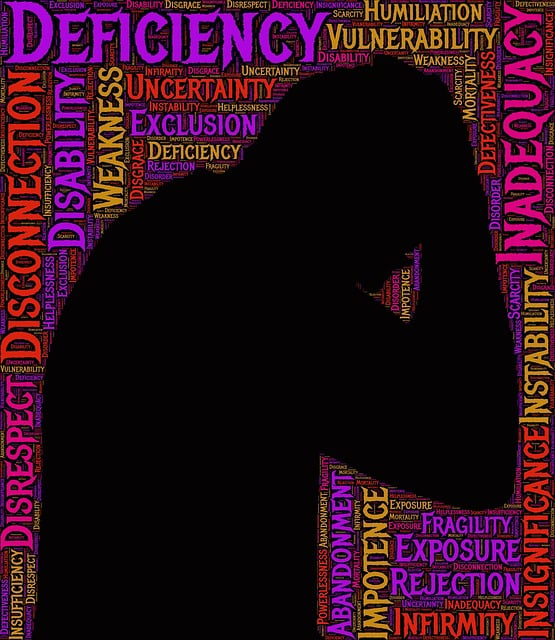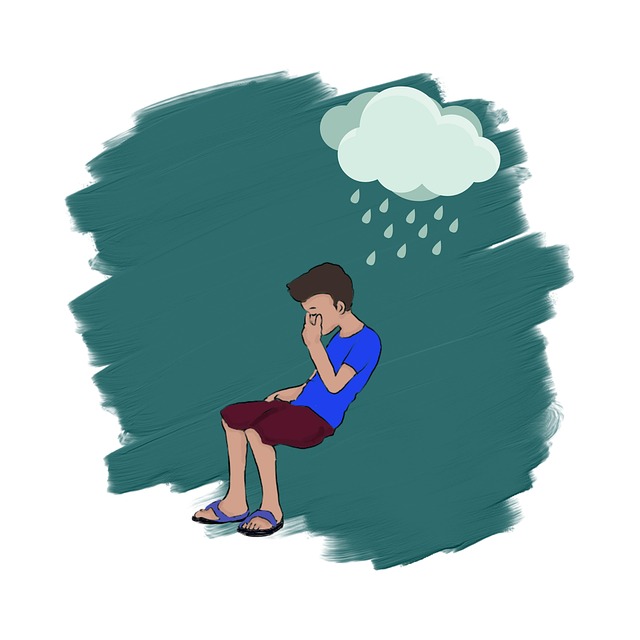Boulder Sexual Abuse Survivor Therapy provides specialized care using evidence-based practices like CBT, EMDR, and mindfulness to help clients heal from sexual trauma. With a focus on cultural competency, they offer tailored support in safe, non-judgmental environments, empowering survivors through individual or group therapy sessions. Building supportive communities, Boulder's therapy services revolutionize recovery by creating networks of understanding, reducing stigma, and enhancing accessibility to effective trauma support.
In Boulder, access to specialized trauma support services is crucial for sexual abuse survivors seeking healing. This article delves into the unique needs of these individuals, highlighting the transformative power of therapy in their recovery journey. We explore the various therapeutic approaches available through Boulder’s sexual abuse survivor therapy services and provide practical guidance on accessing them. Furthermore, we emphasize the importance of supportive communities in fostering growth and healing among survivors.
- Understanding the Unique Needs of Sexual Abuse Survivors
- The Role of Therapy in Trauma Healing and Recovery
- Accessing and Navigating Boulder's Sexual Abuse Survivor Therapy Services
- Fostering Supportive Communities for Healing and Growth
Understanding the Unique Needs of Sexual Abuse Survivors

Sexual abuse survivors have distinct and complex needs that require specialized care. Many individuals who have experienced sexual trauma struggle with a range of emotional, psychological, and physical symptoms, often impacting their daily lives and overall well-being. These may include anxiety, depression, flashbacks, nightmares, and difficulties in forming intimate relationships, among others.
Boulder Sexual Abuse Survivor Therapy focuses on creating a safe and non-judgmental space for healing. The process involves understanding the unique circumstances of each survivor, including the nature of the abuse and any co-occurring conditions. Techniques such as cognitive behavioral therapy (CBT), eye movement desensitization and reprocessing (EMDR), and mindfulness practices can aid in managing mood, reducing symptoms, and improving self-esteem. A comprehensive approach, incorporating risk assessment for mental health professionals, ensures that survivors receive the specialized care they need to navigate their unique healing journeys effectively.
The Role of Therapy in Trauma Healing and Recovery

Therapy plays a pivotal role in trauma healing and recovery for Boulder sexual abuse survivor therapy clients. Through structured, safe, and supportive environments, therapists help individuals process their traumatic experiences, challenging and reshaping their understanding of these events. This process, known as reprocessing, allows survivors to work through complex emotions, break down defensive mechanisms, and start the journey towards emotional well-being. Techniques such as cognitive behavioral therapy (CBT), eye movement desensitization and reprocessing (EMDR), and mindfulness practices are frequently employed due to their effectiveness in trauma care.
Mental health awareness and healthcare provider cultural competency training have become crucial components of comprehensive trauma support services. Understanding the unique needs and experiences of diverse populations, including those from different cultural backgrounds or with intersecting identities, is essential for effective therapy. Emphasizing emotional well-being promotion techniques tailored to individual needs ensures that trauma survivors receive care that respects their personal journeys while empowering them towards healing and recovery.
Accessing and Navigating Boulder's Sexual Abuse Survivor Therapy Services

Boulder’s Sexual Abuse Survivor Therapy services offer a beacon of hope for those who have experienced trauma. Accessing these resources can be a daunting task, but with the right guidance, survivors can navigate this critical step towards healing. The process begins with recognizing and accepting the need for professional support, which often involves overcoming barriers such as fear, shame, or feelings of isolation. Many local organizations provide referral services, connecting individuals with qualified therapists who specialize in sexual abuse cases, ensuring a sensitive and understanding environment.
These therapy programs are designed to empower survivors using evidence-based practices like Mind Over Matter principles. By addressing underlying mental health concerns, including depression prevention, these services aim to reduce the stigma associated with sexual trauma and mental illness. Through individual or group therapy sessions, survivors can share their stories, process emotions, and develop coping strategies tailored to their unique experiences.
Fostering Supportive Communities for Healing and Growth

Building supportive communities is an essential aspect of trauma healing and growth for survivors, especially those who have experienced sexual abuse like those seeking Boulder Sexual Abuse Survivor Therapy. Creating safe spaces where individuals feel understood and accepted fosters a sense of belonging and encourages open communication. This community-oriented approach can be a game-changer in the recovery process as it provides a network of support that extends beyond traditional therapy settings. Members of these communities often share similar experiences, which can lead to powerful connections and a collective understanding of trauma’s impact.
Community initiatives focused on healing can include support groups, peer mentoring programs, or social events designed to bring survivors together. These gatherings facilitate the exchange of coping strategies, promote self-care practices, and offer a platform for advocacy and mental health policy analysis and advocacy. By fostering a sense of unity and mutual aid, these communities aim to reduce the stigma associated with mental illness and encourage individuals to seek help without fear of judgment or rejection, ultimately enhancing the accessibility and effectiveness of trauma support services.
In light of the complex nature of trauma, especially sexual abuse, it’s clear that a multifaceted approach is required. While therapy plays a vital role in healing and recovery, accessible services like Boulder Sexual Abuse Survivor Therapy are essential. By fostering supportive communities, we can create a network of care that empowers survivors to heal and thrive. Understanding the unique needs of these individuals and navigating available resources is crucial to ensuring they receive the necessary support.












